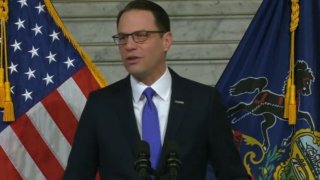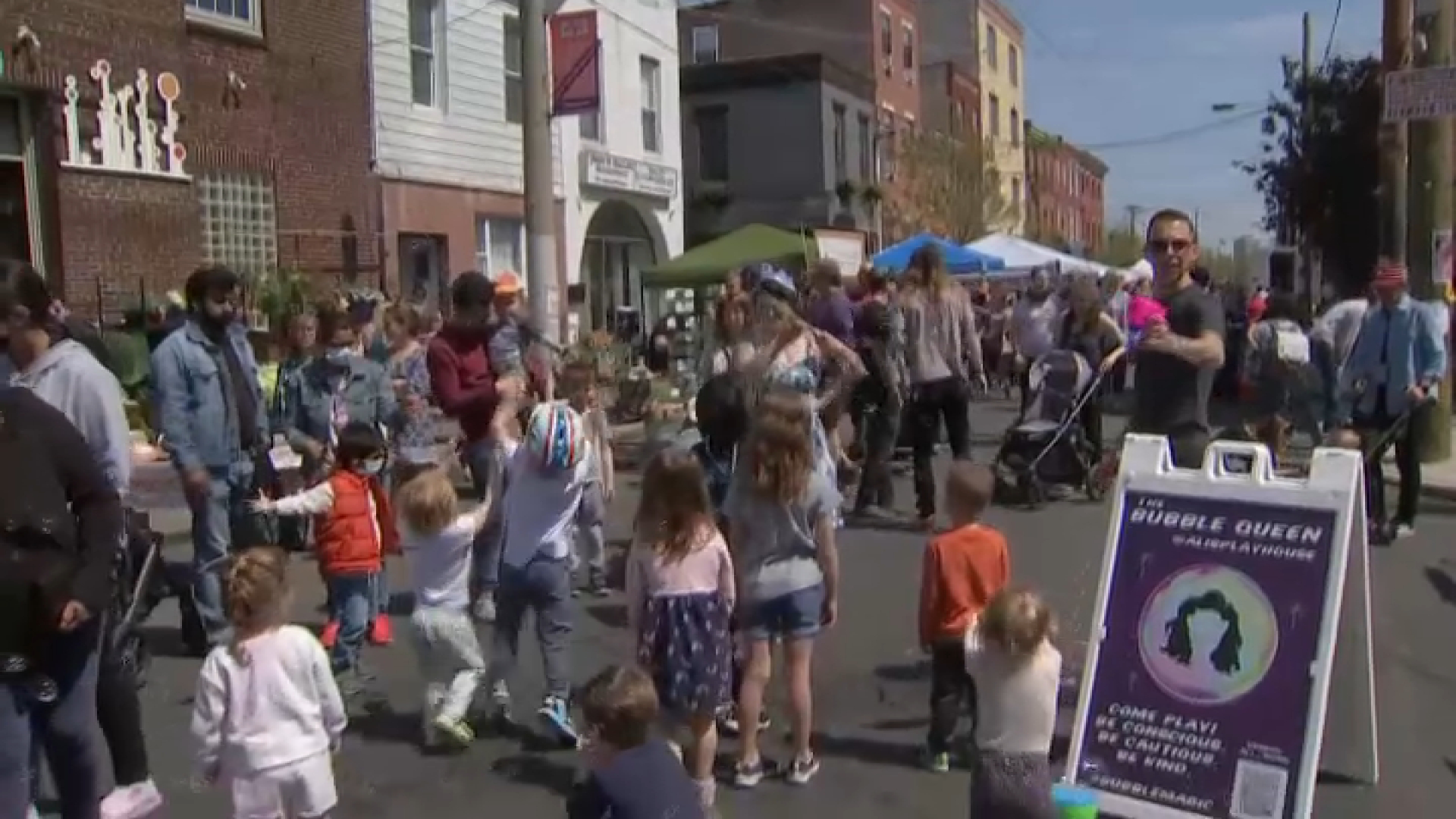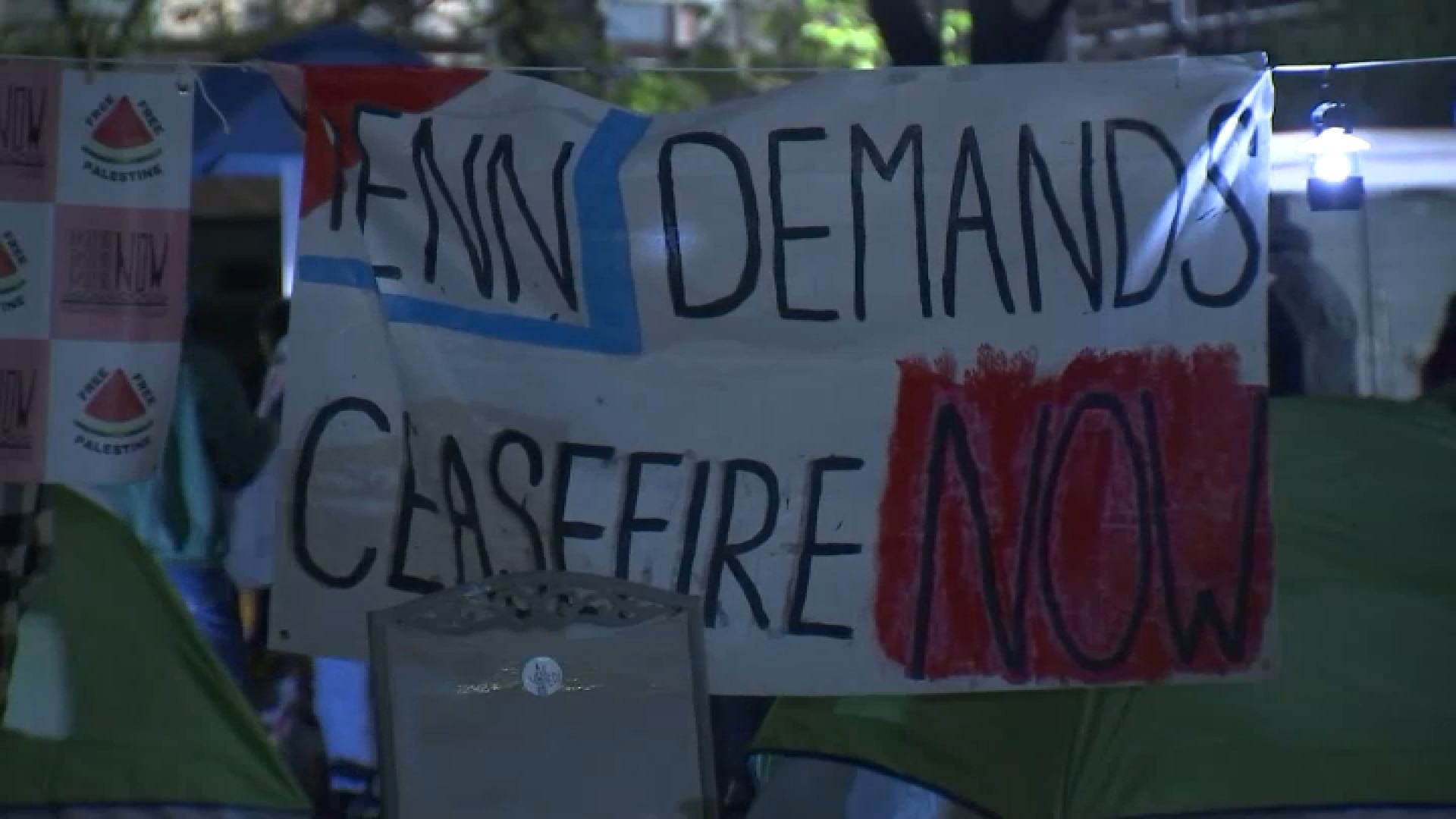
Pennsylvania's House of Representatives on Wednesday approved Gov. Josh Shapiro's plan to boost funding for public transportation systems still trying to recover pre-pandemic ridership numbers and facing a drop-off in funding when federal COVID-19 aid runs out.
The Democratic-controlled chamber voted 106-95, with all but one Democrat in favor, and all but five Republicans opposing it.
The bill would deliver an increase of about 20% in state aid to public transportation systems, proposed by the Democratic governor in his budget plan earlier this year. However, the bill faces long odds in the Republican-controlled Senate, with Republicans protesting the amount of the funding increase and objecting to procedures that House Democrats used to pass the bill.
Under the bill, the state would increase the share of state sales tax collections devoted to public transit agencies from 4.4% of receipts to 6.15%. That would translate to an estimated increase of $283 million in the 2024-25 fiscal year on top of the $1.3 billion going to transit agencies this year.
Get Philly local news, weather forecasts, sports and entertainment stories to your inbox. Sign up for NBC Philadelphia newsletters.
About two-thirds of the state aid goes to the Philadelphia-area Southeastern Pennsylvania Transportation Authority, or SEPTA, and another 20% goes to Pittsburgh Regional Transit. The rest goes to 29 public transportation systems around Pennsylvania.
The bill also excuses transit agencies from a 15% fund-matching requirement for five years.
Democrats defended the increase as an economic good and necessary to keep transit systems from cutting services or increasing fares.
Local
Breaking news and the stories that matter to your neighborhood.
“This is going to benefit all of us, and it’s going to keep Pennsylvania moving," said Rep. Jennifer O'Mara, D-Delaware.
House Minority Leader Bryan Cutler, R-Lancaster, called the bill a “mass transit bailout.” The size of the subsidy increase is “eye-popping," Cutler said, and he suggested that more funding won't fix the things that are ailing public transit systems, including lagging ridership, rising fuel costs and high-profile incidents of crime.
“There are structural problems in mass transit systems that funding alone will not solve,” Cutler said.
Cutler's criticisms echoed those in the past by Senate Republicans. In a statement Wednesday, Senate Majority Leader Joe Pittman, R-Indiana, said simply that Senate Republicans haven't agreed to pass the bill.
Republicans also protested that the bill could be found unconstitutional by a court after the public transit provisions were inserted into a bill created for an entirely different purpose. Senate Republicans wrote the original bill to give landowners an income tax deduction for the use of natural gas, coal, oil or other natural deposits on their land.
Public transportation authorities across the U.S. have yet to fully recover their ridership after it dropped off during the pandemic and mass transit advocates say systems lack the revenue to avoid service cuts when federal COVID-19 relief aid runs out.
In addition, they say, operating costs have grown, with inflation that hit a four-decade high in 2022 and rising wages and fuel prices.



